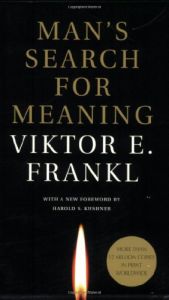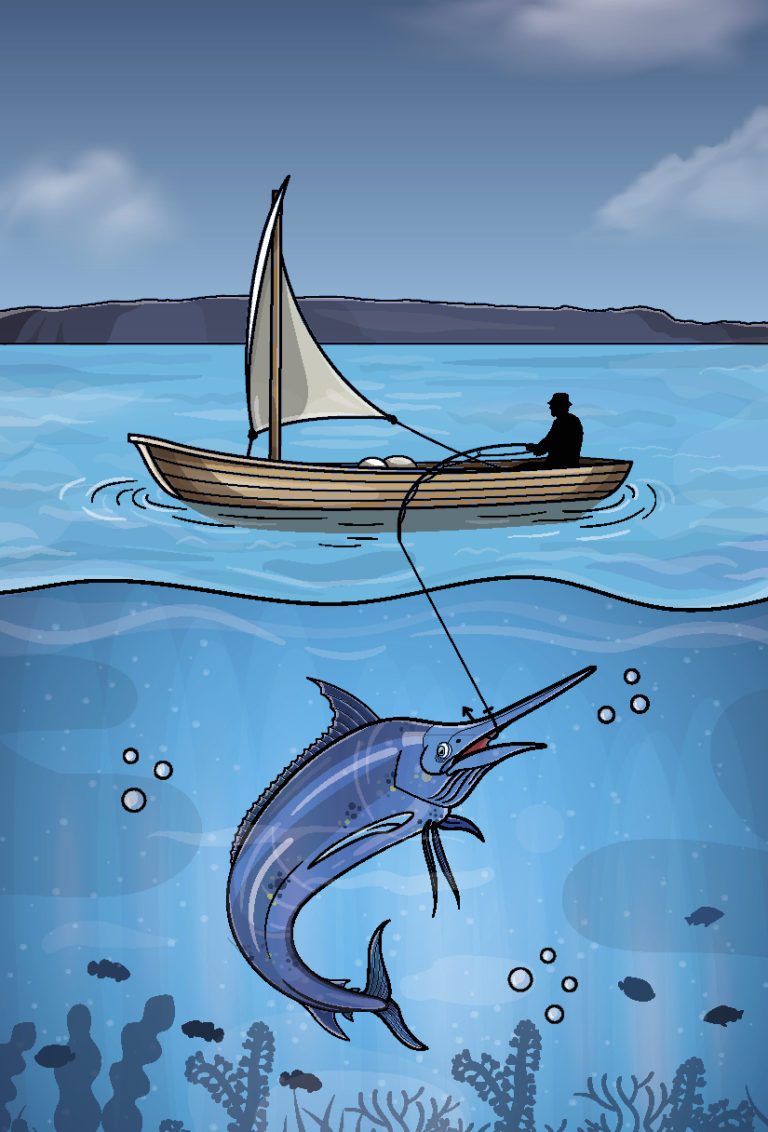Join getAbstract to access the summary!

Join getAbstract to access the summary!
Viktor E. Frankl
Man’s Search for Meaning
Beacon Press, 2006
What's inside?
Viktor E. Frankl survived Nazi death camps and learned a lot about the meaning of life. He teaches that lesson in this classic text.
Recommendation
Viktor E. Frankl’s extraordinary, moving memoir of three years in Nazi death and labor camps is a literary classic and an inspiration to millions. This 2006 edition features a 57-page added section offering Frankl’s explication of “logotherapy,” the psychoanalytic method he developed after the war. Frankl wrote this memoir in nine days in 1946, after returning to his former home in Vienna, Austria, to learn that the Nazis had murdered his pregnant wife, his parents, his brother and his community of friends. His unsentimental account sets out to help readers avoid what he regarded as a misleading, conceptual trap: thinking of the camps with “sentiment and pity.” As of 2006, Frankl’s book had sold more than 12 million copies in 22 languages. A 1991 Library of Congress survey placed it among the “10 most influential books in America.” In non-English editions, its title is Say Yes In Spite Of Everything; that exuberance captures Frankl’s belief that what happens to you – including suffering – is secondary to your response to it. His book teaches that everyone must find his or her unique meaning and purpose in life, and fulfill it. After the intense horror of his camp saga, Viktor E. Frankl’s report on his psychoanalytic approach is less gripping, but quite meaningful. getAbstract recommends his brilliant, stirring, unforgettable memoir to students of history, all therapists and, really, to everyone.
Summary
About the Author
World-renowned writer and psychotherapist Viktor E. Frankl wrote more than 30 books on theoretical and clinical psychology.






















Comment on this summary